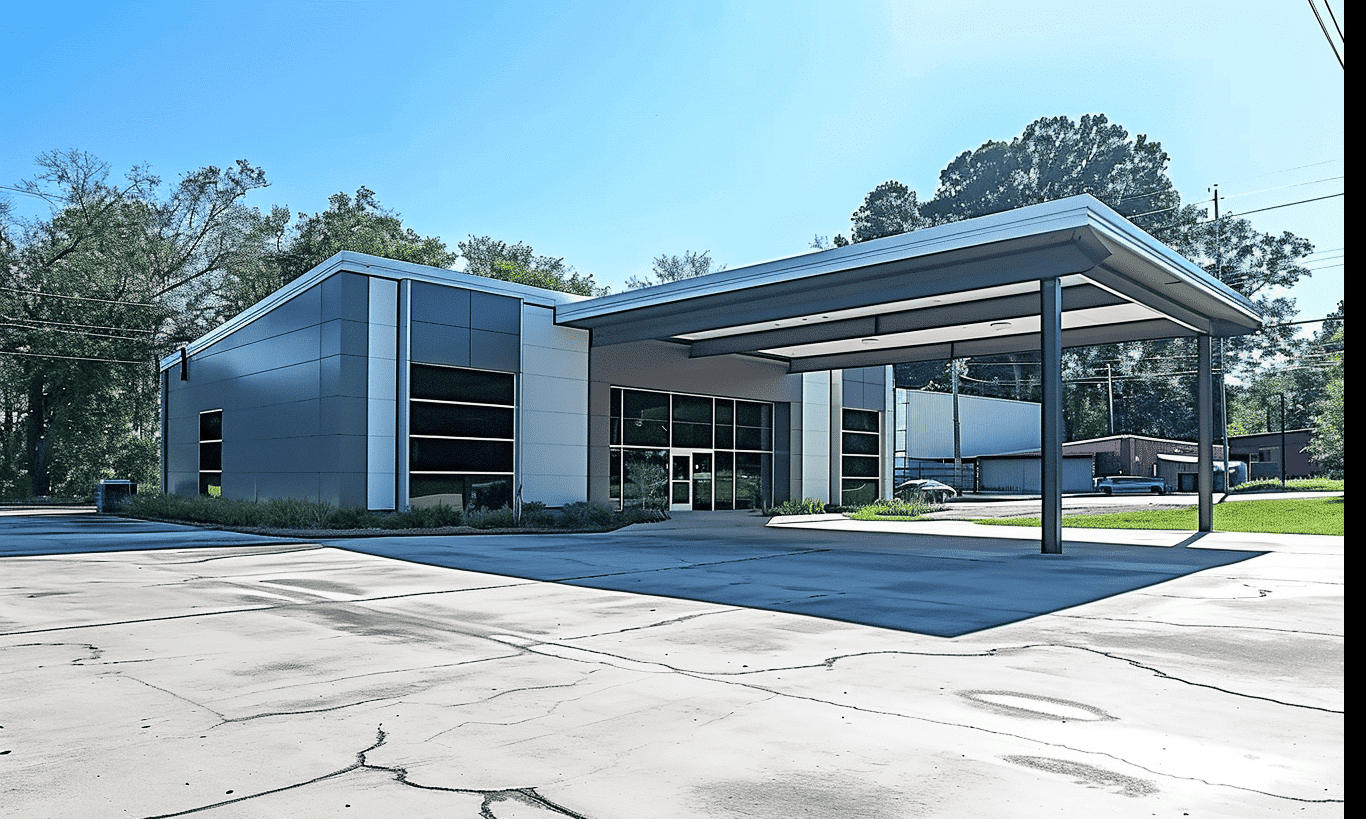Lower Breast Screening Age, New Tax Credits, Higher Carbon Price Impacting Saskatchewan’s Construction and Real Estate Developments
In a bid to welcome 2025, Saskatchewan is enacting several new changes, from carbon tax rebates to property tax shifts. While discerning individuals may be focusing on the implications these transitions have on their personal lives and wallets, one cannot ignore the ripple effects on the province’s construction and real estate development landscape. Let’s delve deeper into what these changes entail and how they could shape Saskatchewan’s built environment.
New Tax Credits Boosting Construction
One anticipated change is the introduction of new tax credits, promising to inject vitality into Saskatchewan’s construction sector. While the specifics of these tax credits are yet to be defined, it is clear that they could potentially lower construction costs, stimulate more build-outs, and enhance the province’s economic resilience. Moreover, as we pursue sustainable building practices, these tax credits could encourage the incorporation of energy-efficient materials and techniques.[Explore Energy-Efficient Building Solutions]
Impact of Carbon Price Increase
Another incoming change is the hike in carbon pricing. The increased cost of carbon could raise construction costs, particularly for companies reliant on high-carbon methods and materials. But, does it spell doom for the industry? Not necessarily; it affords an opportunity to rethink current approaches.

Savvy construction firms could switch to more sustainable alternatives, such as adopting steel constructions over traditional brick-and-mortar buildings. Steel construction is known for its eco-friendly attributes, from lesser carbon footprints to potential recycling post-use.[Discover The Advantages of Metal Buildings]
Property Tax Shifts and Real Estate Developments
There’s also anticipation in the real estate domain. Shifts in property taxes could impact the cost of property ownership, thereby influencing decisions on selling, buying, or investing in this asset class. A careful assessment is key to understand how these changes could impact new developments and affect the demand-supply dynamics in the real estate market.
Lower Breast Cancer Screening Age: A Potential Impact on Healthcare Infrastructure
The decision to lower the age for breast screening, albeit a largely health-related move, also has repercussions for the construction industry. Such a policy shift could necessitate expanding existing healthcare facilities or building new ones to accommodate the influx of women eligible for screenings. Demand for specialized construction firms, adept at creating state-of-the-art medical infrastructure, could potentially rise.
Mapping The Road Ahead
As we stand on the threshold of 2025, the construction and real estate development sectors in Saskatchewan should brace themselves for intriguing transformations. Companies with an adaptative, forward-thinking strategy will not only weather these changes but thrive amidst them.[Choose Your Building Team – Embrace The Future of Construction]
In conclusion, though these societal and policy reforms may seem disparate and unrelated to the built environment sector, their long-term impacts are undeniable and far-reaching. It’s time to view these transitions not as roadblocks, but as a clarion call for innovation and sustainable development.
Feel free to share your thoughts on how these changes might affect your business or community in the comments section below. Or, ask a question if you’d like to learn more about a particular topic. We value your insights!
Source: CBC News




